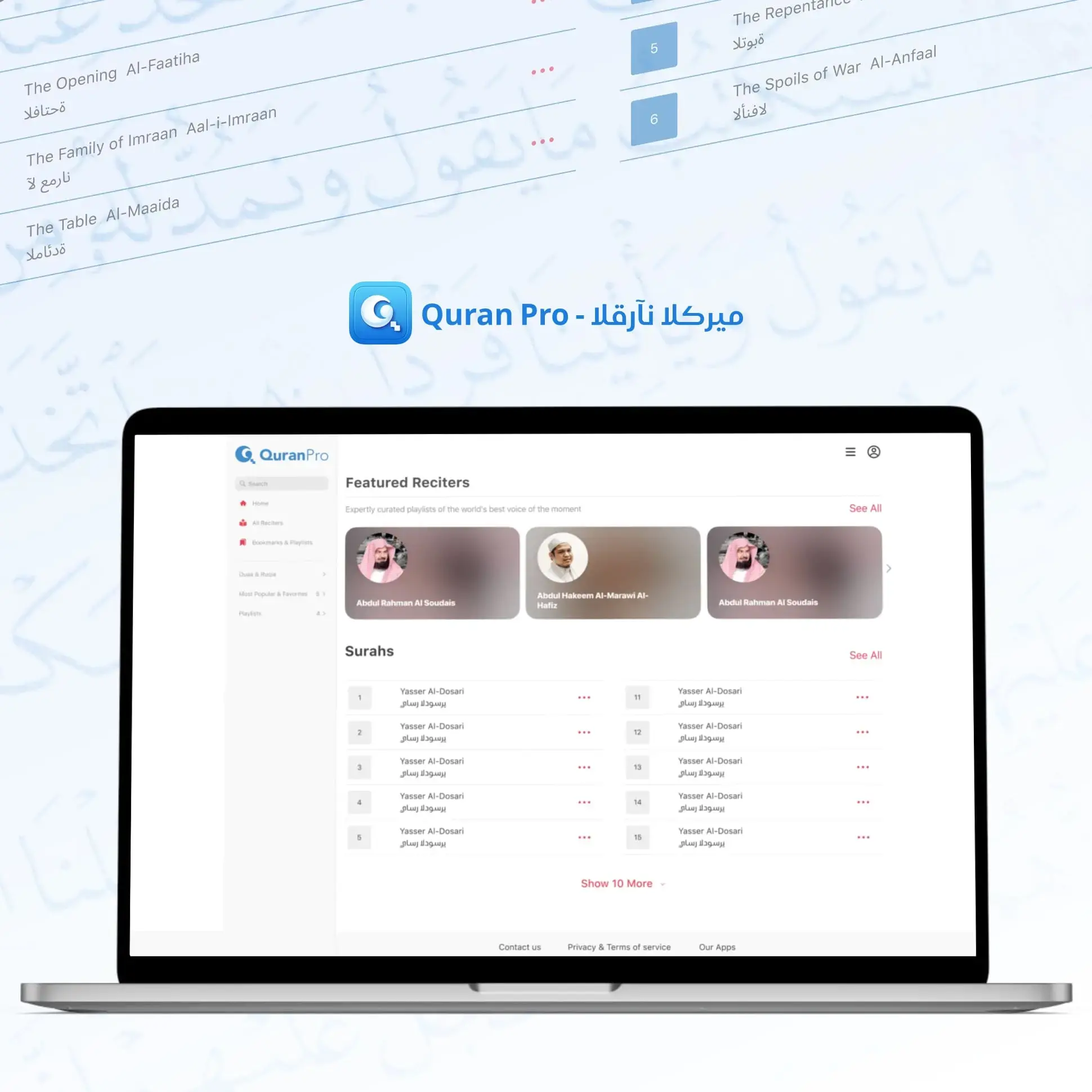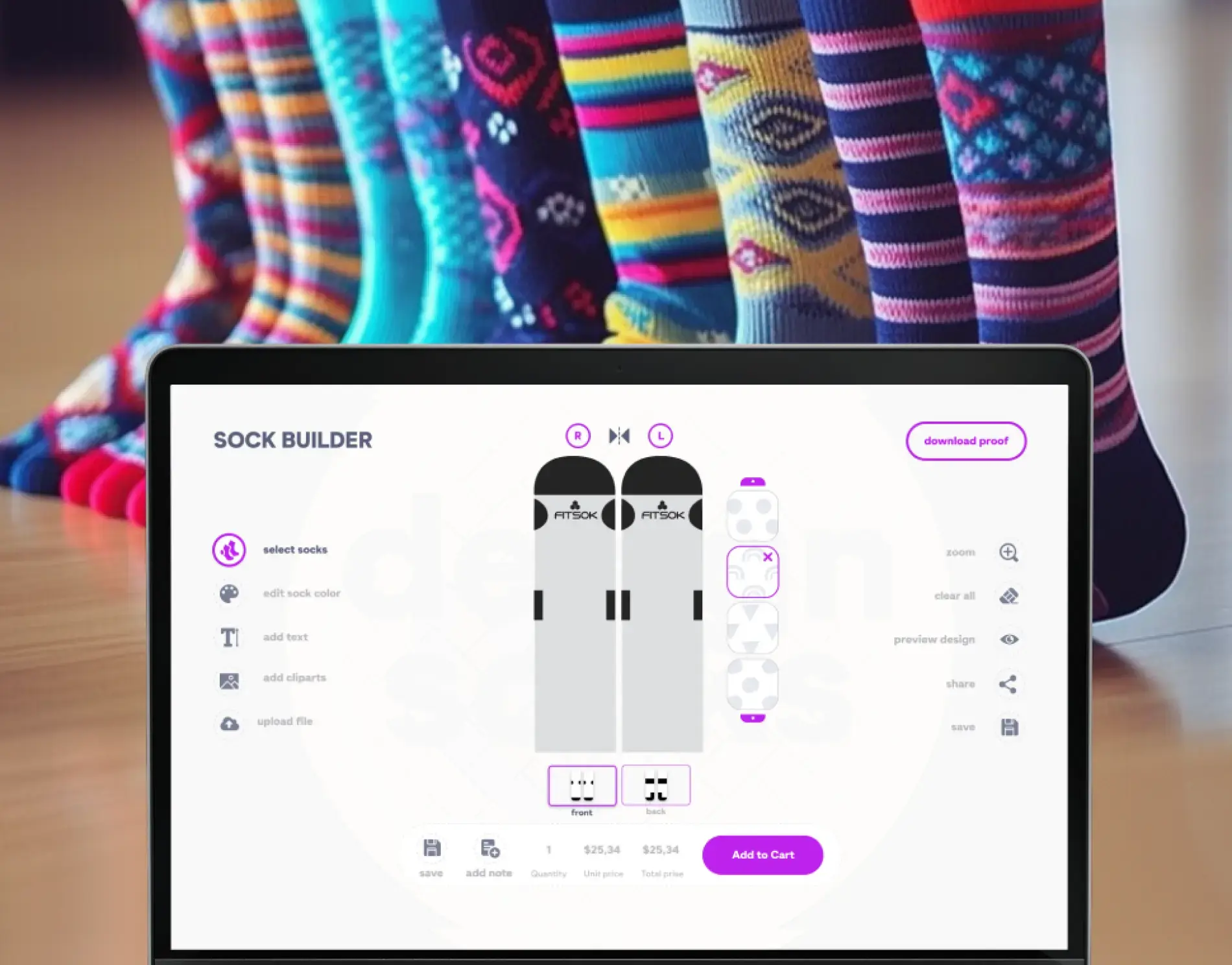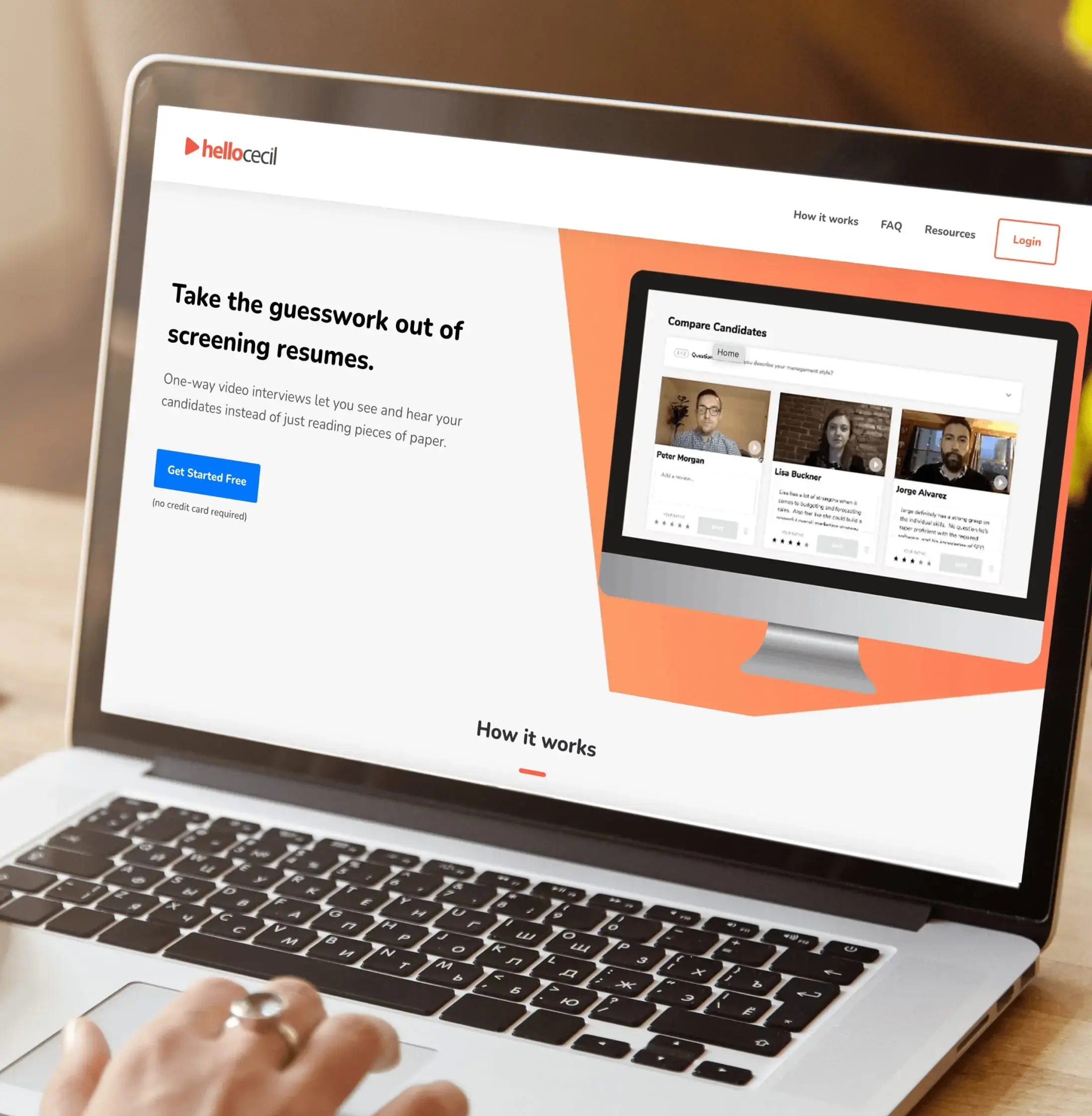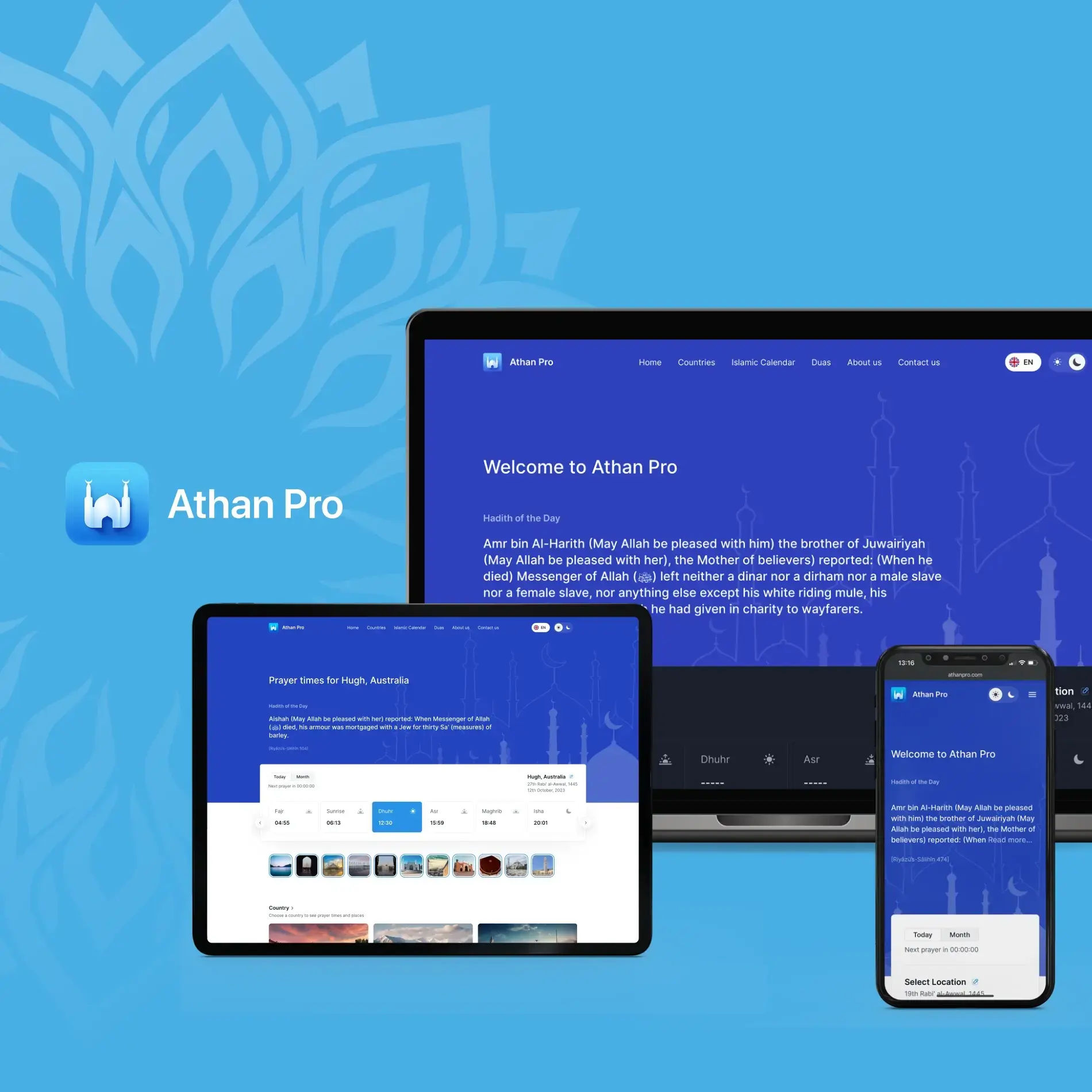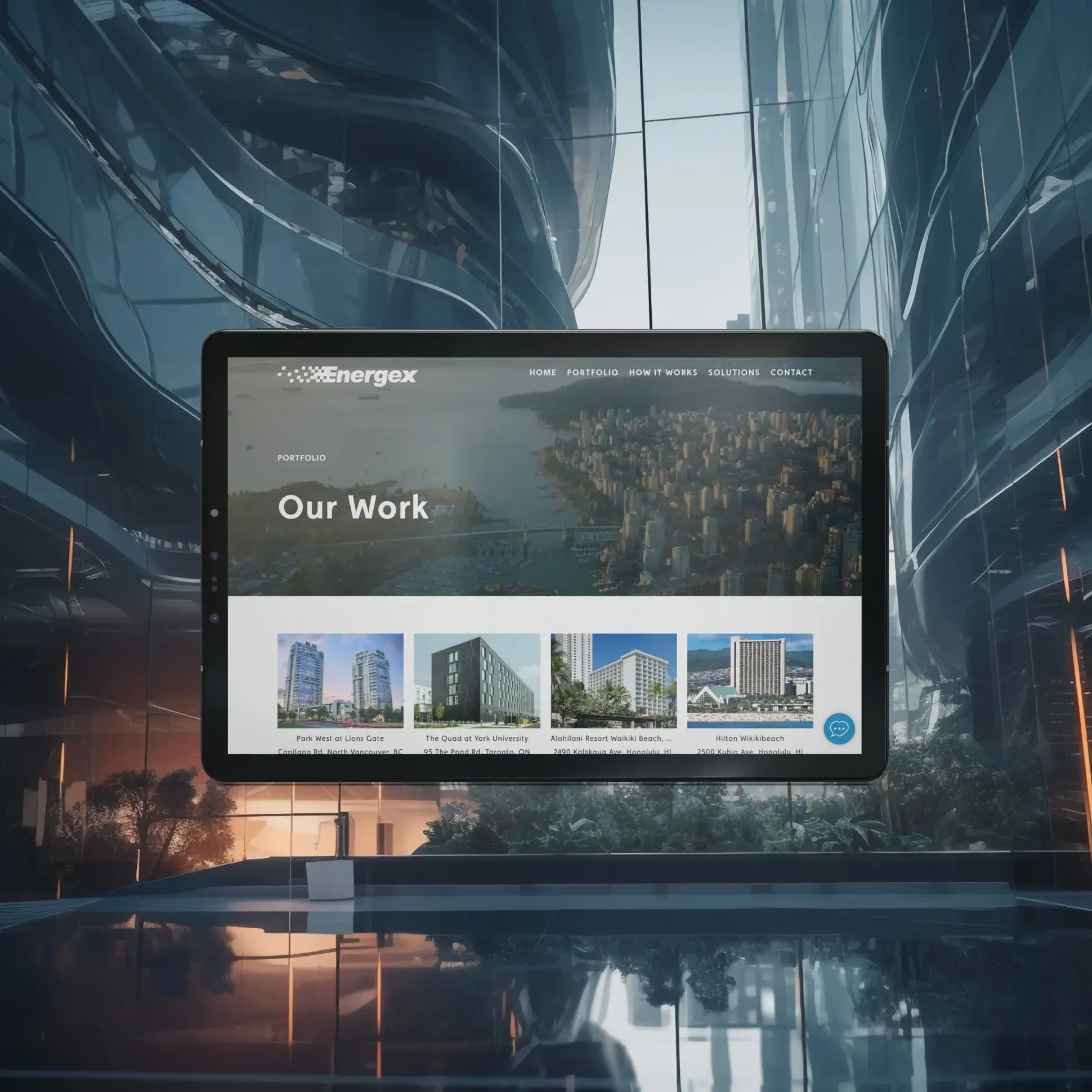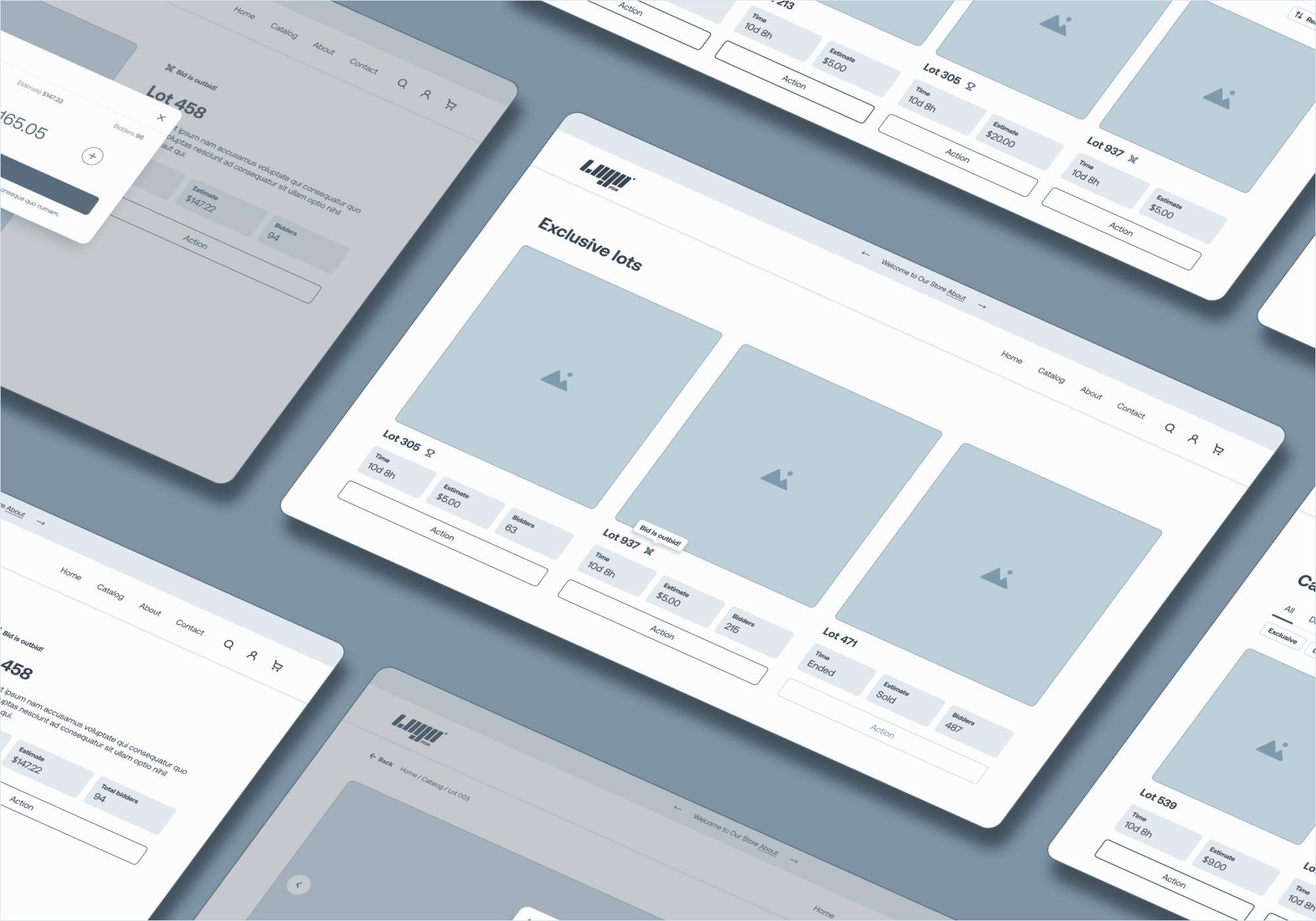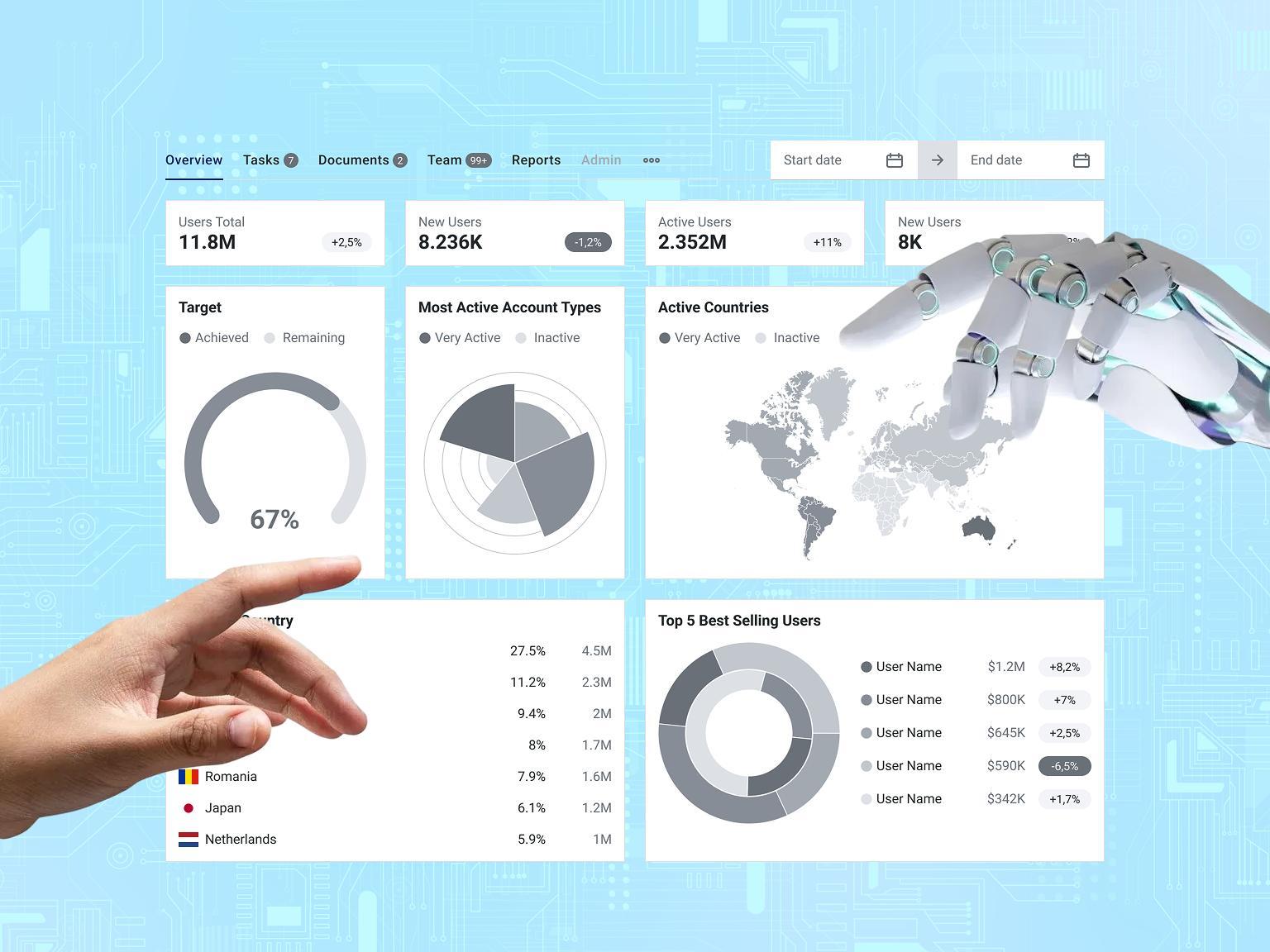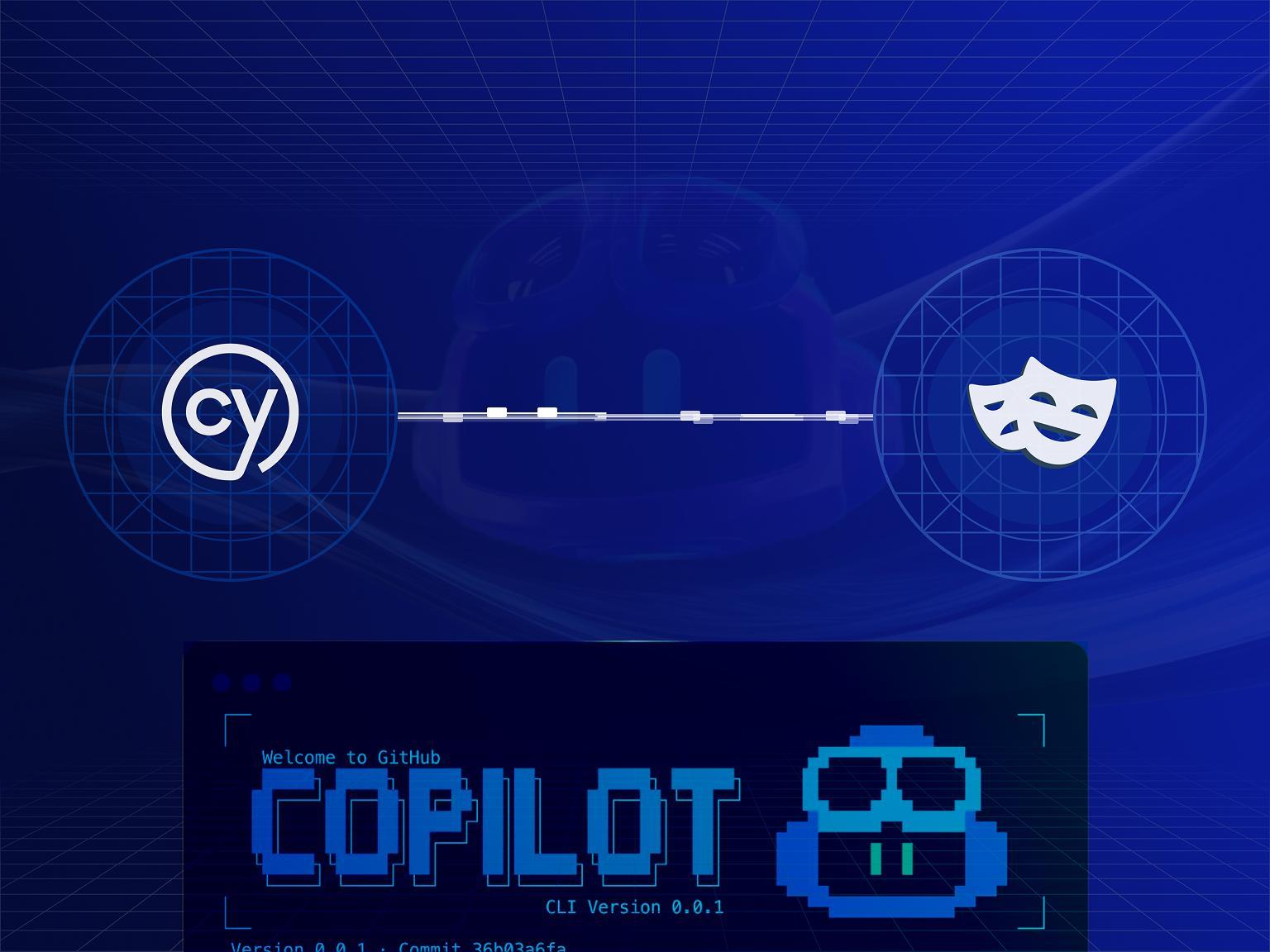In today's rapidly evolving healthcare sector, medical billing software has emerged as an indispensable tool for medical practitioners and billing professionals alike. As the intricacies of medical billing processes continue to grow, the demand for efficient and precise software solutions has become paramount. This guide aims to offer a comprehensive overview of medical billing software development, crucial features, advantages, costs, and real-world examples of successful implementations.
Understanding Medical Billing Software Development
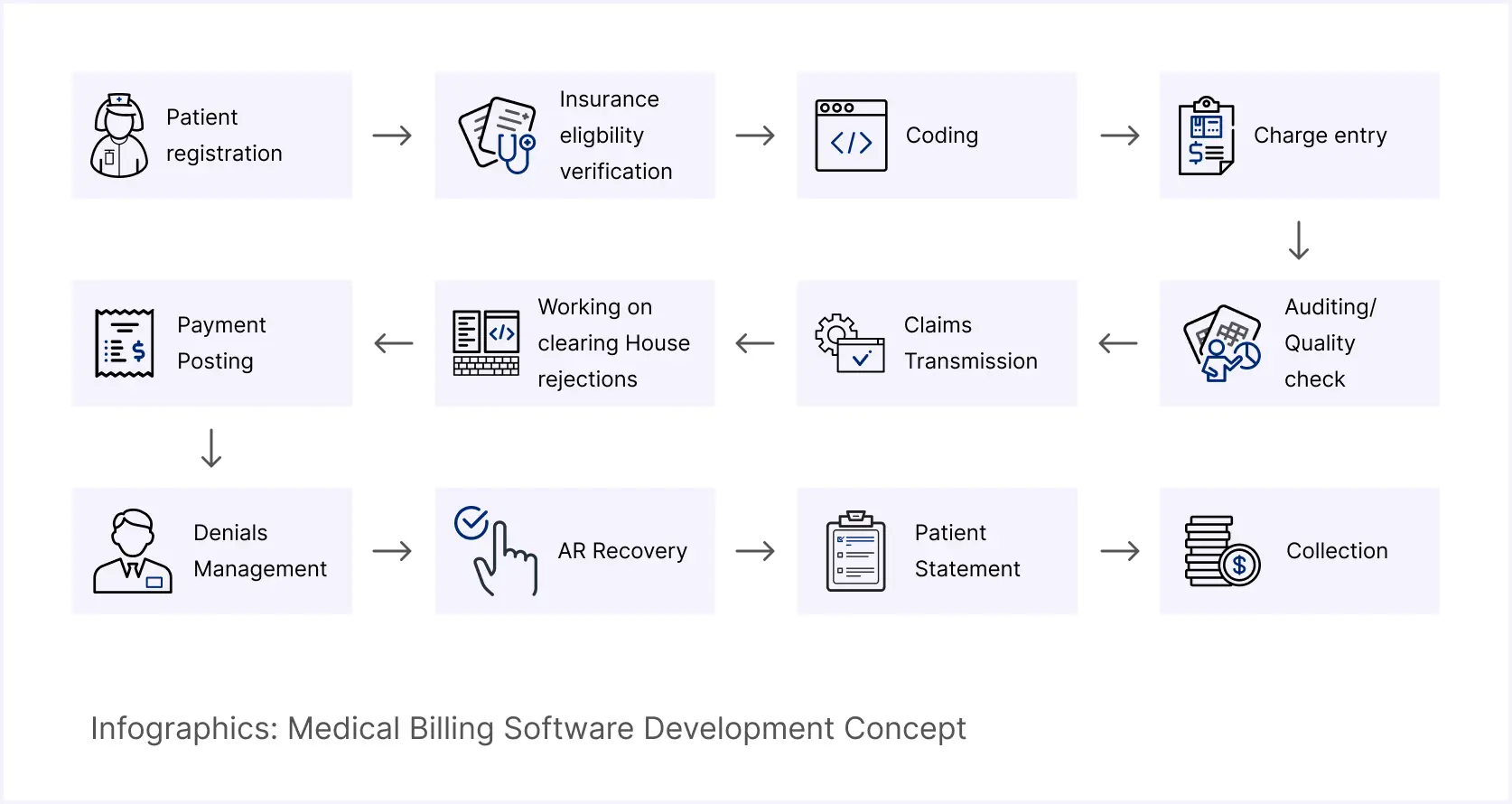
Medical billing software development involves creating digital solutions that automate and streamline the medical billing process. These solutions are designed to manage patient records, oversee appointments, process insurance claims, and facilitate payment collections. By harnessing technology, healthcare billing software simplifies administrative tasks, reduces errors, and enhances overall revenue cycle management.
Efficient Management of Patient Records
One of the primary features of medical billing software is its ability to efficiently manage patient records. Gone are the days of manual filing and retrieving patient information from stacks of paperwork. With healthcare billing software, medical practitioners can easily input and access patient data, including personal details, medical history, and insurance information. This not only saves time but also ensures accuracy in maintaining patient records.
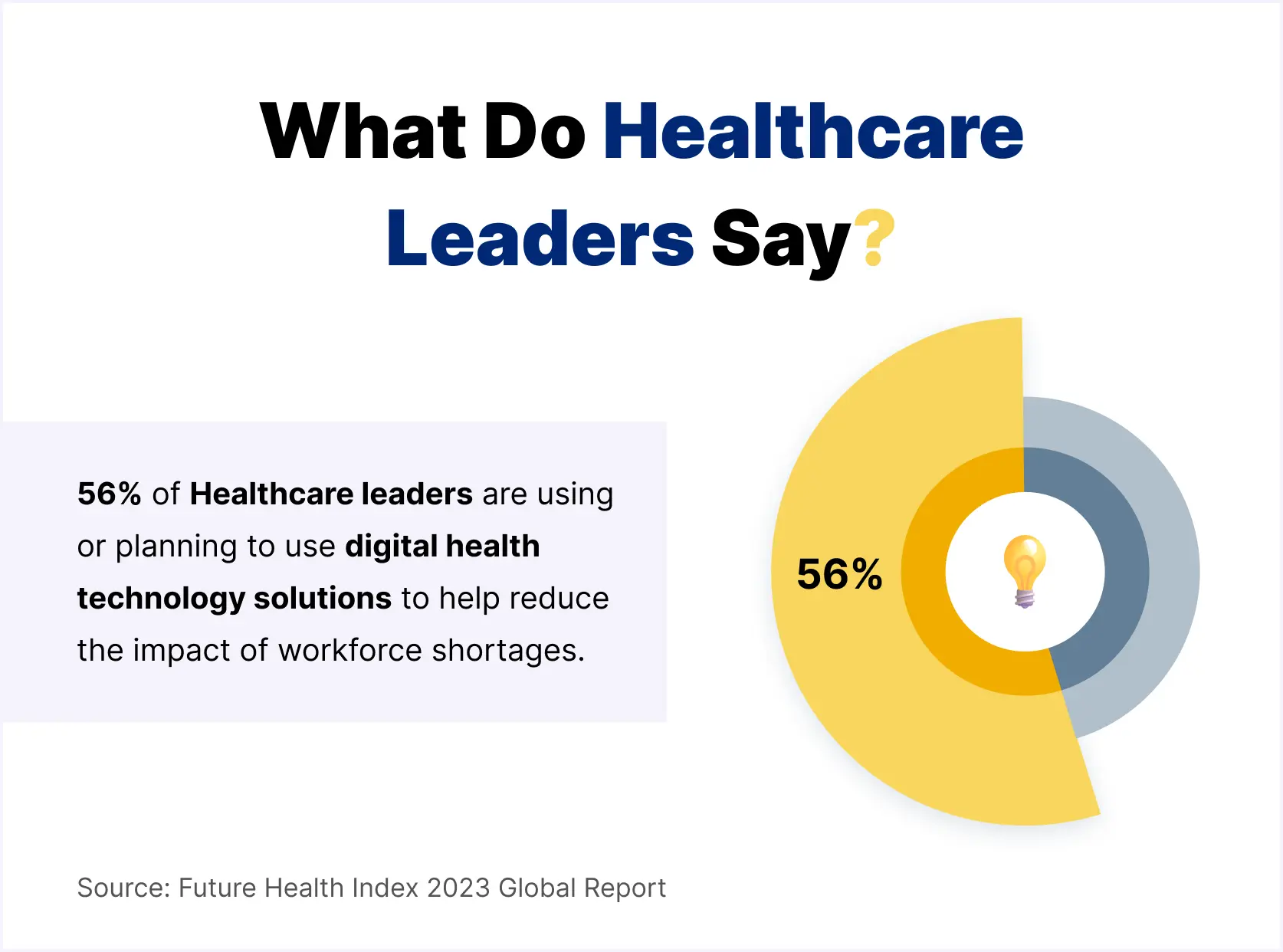
Streamlining Appointment Tracking
Medical billing software also plays a crucial role in tracking appointments. It enables medical practitioners to schedule appointments, send automated reminders to patients, and manage availability seamlessly. This streamlines the appointment booking process and reduces the likelihood of missed or double-booked appointments.
Facilitating Insurance Claims Management
Another significant aspect of medical billing software development is its ability to handle insurance claims. It automates the submission process to insurance companies, ensuring that all necessary information is included and accurate. This reduces the chances of claim denials or delays, ultimately expediting the reimbursement process for medical practitioners.
Enhancing Payment Collections
Moreover, medical billing software facilitates payment collections by offering various payment options to patients. It allows for online payment processing, enabling patients to conveniently pay their bills from anywhere. This not only improves patient satisfaction but also ensures timely payments for medical practitioners.
Comprehensive Reporting and Analytics
Additionally, healthcare billing software provides comprehensive reporting and analytics capabilities. It generates detailed reports on various aspects of the revenue cycle, such as billing trends, claim rejections, and payment collections. These insights help medical practitioners identify areas for improvement, optimize their billing processes, and make informed decisions.
In essence, medical billing software development is a powerful solution that transforms the way medical practitioners manage their billing processes. It streamlines administrative tasks, improves accuracy, enhances revenue cycle management, and ultimately contributes to the overall efficiency and success of healthcare organizations.
Why Healthcare Billing Solutions Matter Today
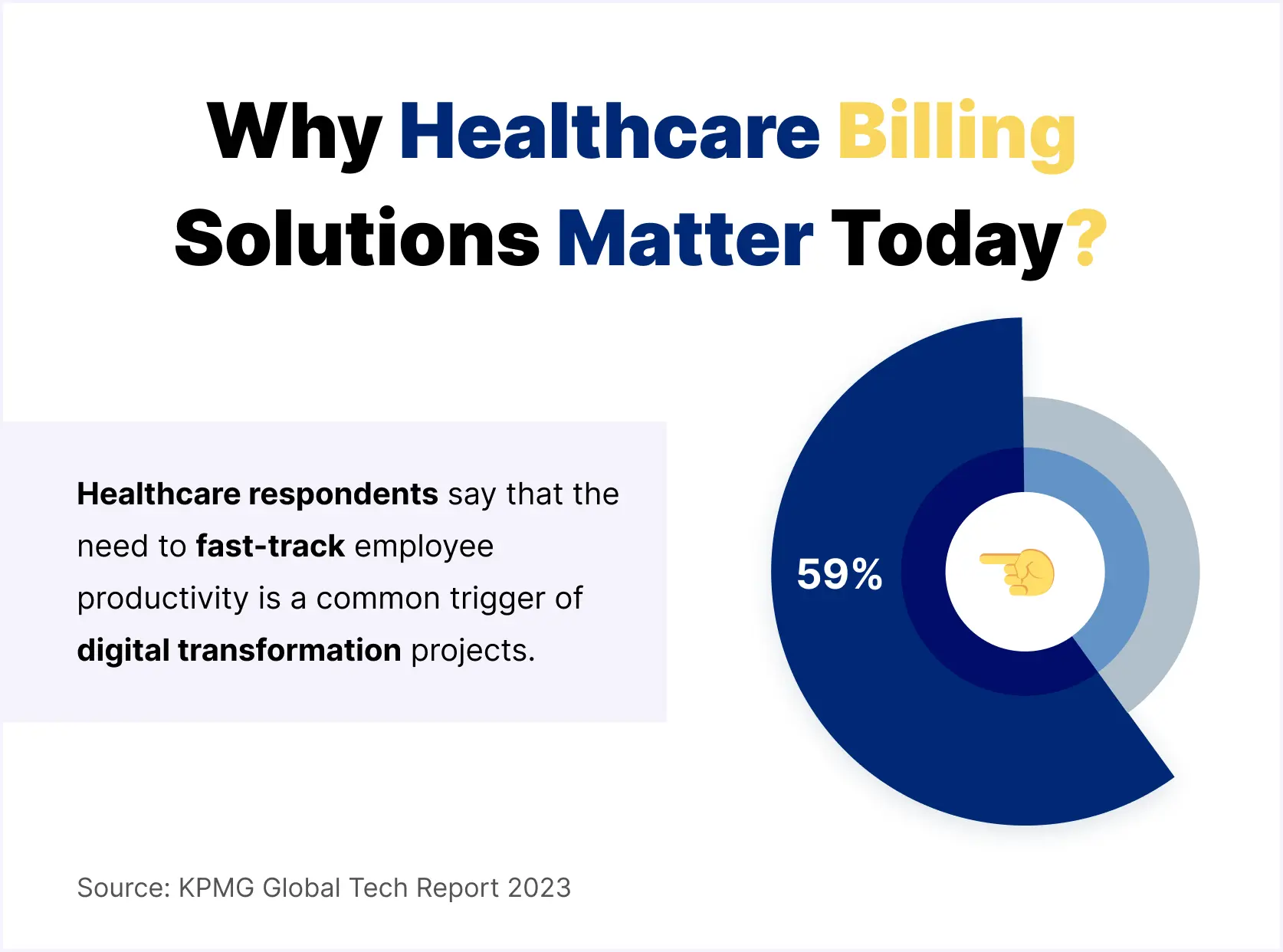
In an era marked by increasing financial pressures and operational complexities within healthcare organizations, healthcare billing solutions offer numerous benefits. These software solutions empower medical practitioners to optimize revenue management, minimize claim denials and rejections, improve cash flow, and enhance patient satisfaction. Additionally, healthcare billing software allows for efficient coordination among medical practitioners, insurance companies, and patients.
Key Features of Medical Billing Software
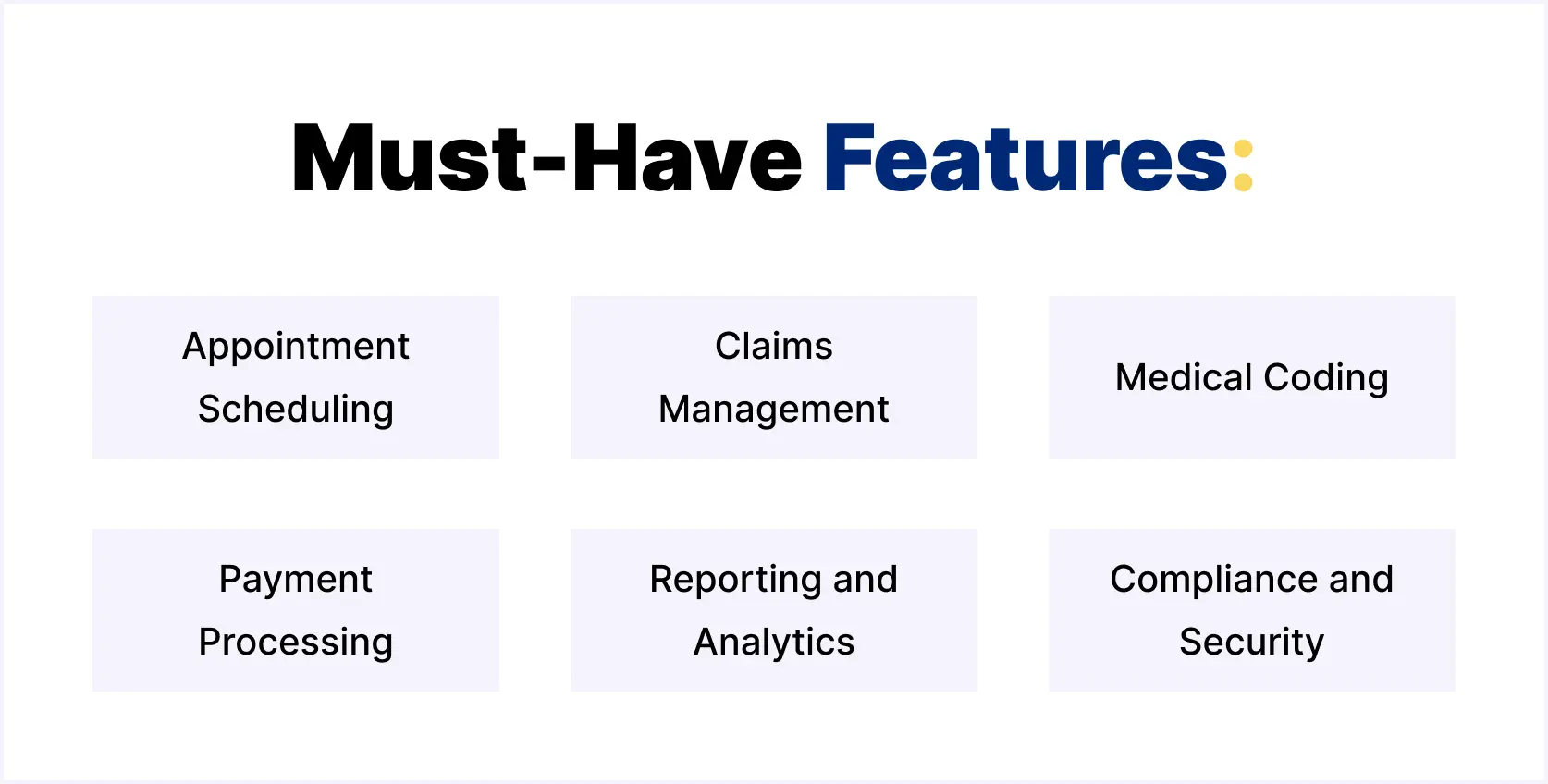
The efficient management of healthcare billing processes is paramount for the smooth operation of medical facilities and the satisfaction of patients and practitioners alike. In navigating the complexities of medical billing, medical billing software emerges as a crucial tool, offering a multitude of key features designed to streamline administrative tasks, enhance accuracy, and optimize revenue cycle management.
From appointment scheduling to claims management and medical coding, healthcare billing software encompasses a range of essential functionalities tailored to meet the unique needs of healthcare organizations. This paragraph delves into the pivotal key features of medical billing software, shedding light on their significance in the ever-evolving landscape of medical administration.
1. Appointment Scheduling
Efficient appointment scheduling is a crucial feature of medical billing software development. It enables medical practitioners to manage patient appointments, track no-shows, and minimize scheduling conflicts. Automated reminders and notifications ensure that patients are well-informed, enhancing the overall patient experience.
2. Claims Management
Claims management functionality is essential in healthcare billing software as it simplifies the process of submitting, tracking, and managing insurance claims. The software should be able to handle various types of insurance claims, verify patient eligibility, and provide real-time updates on claim status. This streamlines the reimbursement process and reduces claim denials.
3. Medical Coding
Accurate medical coding plays a vital role in healthcare billing. The software should support standardized medical coding systems such as ICD-10 and CPT, automating the coding process. This ensures that healthcare services are billed correctly and prevents claim denials due to coding errors.
4. Payment Processing
Streamlining payment collections is vital for medical billing software, offering patients convenient options to settle their bills promptly. Integrated payment processing capabilities enable secure online payments, supporting various payment methods such as credit cards, debit cards, and electronic funds transfers. Additionally, recurring payment scheduling and installment plan management functionalities enhance flexibility for patients while ensuring consistent revenue for healthcare providers.
5. Reporting and Analytics
Robust reporting and analytics features empower healthcare providers to gain actionable insights into their revenue cycle performance. Medical billing software should generate comprehensive reports on key metrics such as claim submission rates, payment collections, and accounts receivable aging. Advanced analytics tools may leverage data visualization techniques to identify trends, anomalies, and areas for process improvement, enabling informed decision-making and strategic planning.
6. Compliance and Security
Ensuring compliance with regulatory standards such as HIPAA (Health Insurance Portability and Accountability Act) is imperative for medical billing software. Robust security measures, including role-based access controls, data encryption, and audit trails, safeguard sensitive patient information from unauthorized access and data breaches. Regular software updates and compliance audits help mitigate risks and maintain adherence to evolving regulatory requirements.
Incorporating these essential features, medical billing software empowers healthcare providers with the tools needed to streamline administrative processes, enhance revenue cycle management, and deliver exceptional patient care in today's dynamic healthcare landscape.
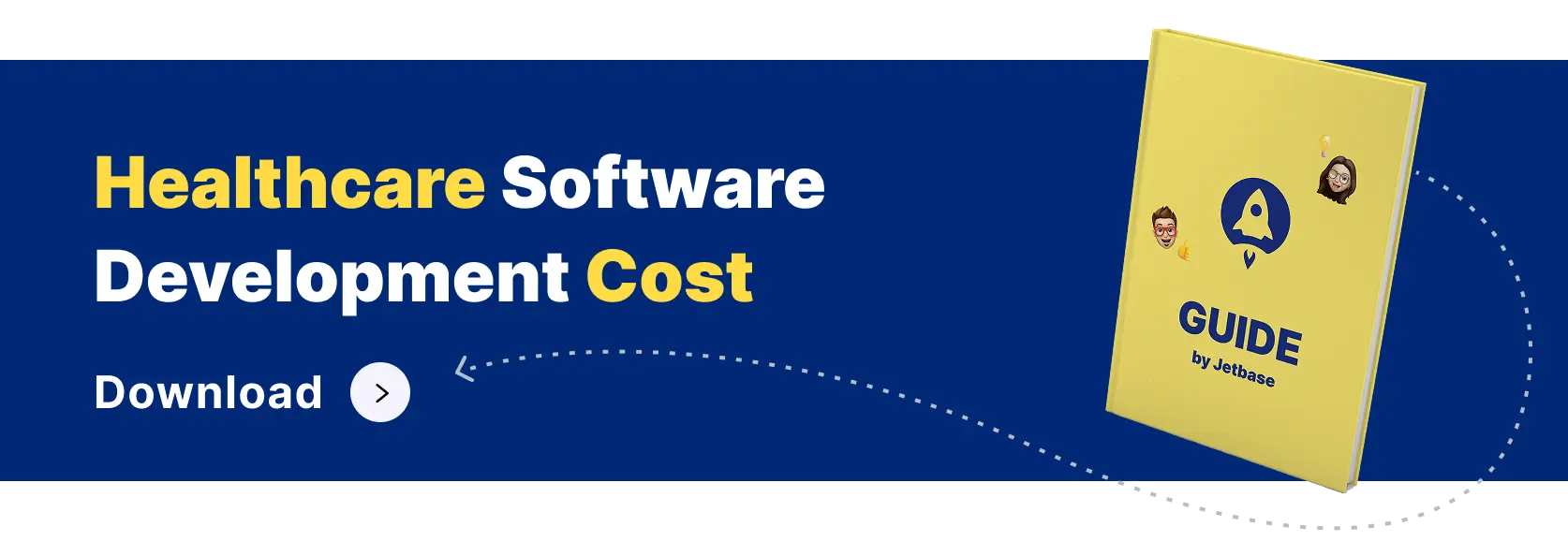
Advantages of Medical Billing Systems
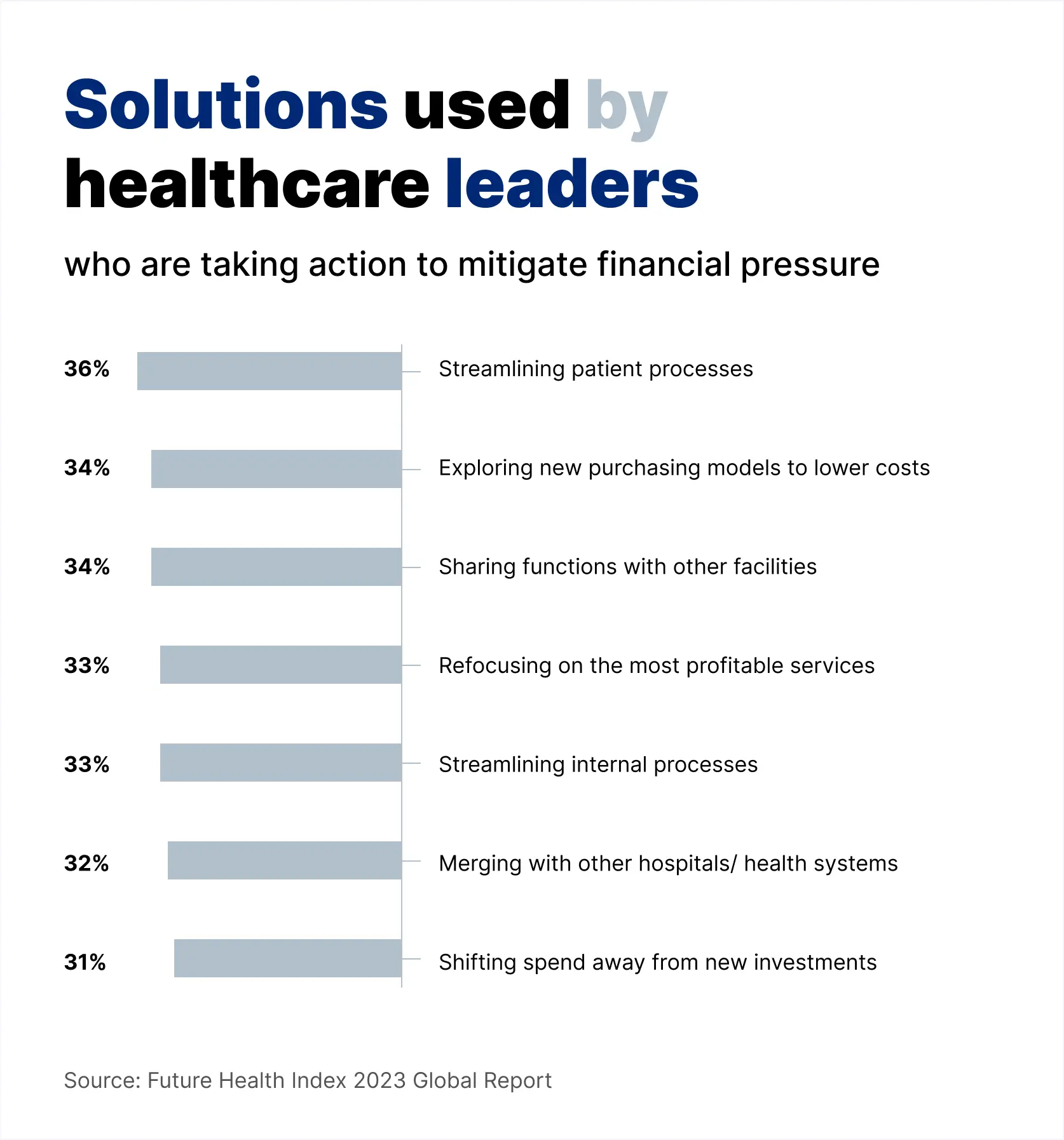
1. Increased Efficiency and Accuracy
Medical billing software eliminates manual data entry and paperwork, resulting in increased efficiency and accuracy. The automation of billing processes reduces errors, streamlines workflows, and allows billing professionals to focus on more complex tasks.
2. Enhanced Revenue Cycle Management
By streamlining billing processes, healthcare billing systems improve revenue cycle management. They enable medical practitioners to generate and submit accurate claims quickly, reduce claim rejections, and expedite payment collections. This enhances cash flow and improves the financial health of healthcare organizations.
3. Improved Compliance and Security
Healthcare billing software ensures compliance with industry regulations such as HIPAA. It provides robust security measures to protect sensitive patient information, preventing unauthorized access and reducing the risk of data breaches. Compliance and security features safeguard patient confidentiality and help healthcare organizations avoid regulatory penalties.
On-Site vs. Cloud-Based Solutions: Which One Fits Your Needs?
Medical billing software can be deployed on-premises or accessed through cloud-based solutions, each offering unique advantages tailored to different organizational requirements.
On-Site Medical Billing Software Development
Control and Customization:
On-site solutions offer healthcare organizations complete control over their IT infrastructure, with extensive customization options to meet specific workflow requirements. These solutions are ideal for large healthcare institutions with complex billing processes that require highly customized software.
Data Security and Compliance:
On-site solutions appeal to organizations with stringent data security and compliance requirements, as they have direct oversight and control over their servers and data. They are suitable for organizations handling sensitive patient data and needing to comply with strict regulatory frameworks such as HIPAA.
Upfront Costs and Predictable Expenses:
On-site deployments typically involve higher upfront costs for hardware, software licenses, and infrastructure setup. However, ongoing costs may be more predictable once the initial investment is made, making them suitable for well-established healthcare organizations with sizable budgets.
Cloud-Based Medical Billing Software Development
Scalability and Flexibility:
Cloud-based solutions offer scalability, allowing healthcare organizations to adjust computing resources based on demand. They provide flexibility for organizations experiencing growth or fluctuations in workload, making them suitable for small to medium-sized healthcare practices.
Remote Accessibility and Collaboration:
Cloud solutions enable remote access to the billing system, facilitating collaboration among geographically dispersed teams. They support remote work and enhance communication, making them suitable for organizations with decentralized teams or multiple satellite clinics.
Cost-Efficiency and Affordability:
Cloud-based solutions typically involve lower upfront costs as they eliminate the need for extensive on-site infrastructure. They operate on a subscription-based model, making costs more predictable and suitable for budget-conscious healthcare organizations.
The choice between on-site and cloud-based healthcare billing software development depends on the organization's specific needs, resources, and long-term goals. While on-site solutions offer greater control and customization, cloud-based solutions provide flexibility, scalability, and cost-effectiveness.
Steps to Build Your Own Medical Billing System
Step 1. Define Requirements and Objectives
The first step in building a healthcare billing system is to clearly define the requirements and objectives. This involves identifying specific functionalities, integration requirements, scalability, and budget constraints.
Step 2. Software Development and Customization
Once the requirements are defined, the software development process begins, including designing the user interface, developing core software functionalities, and integrating with existing systems. Customization options should be explored to align with the unique needs of the healthcare organization.
Step 3. Testing and Quality Assurance
Thorough testing and quality assurance are crucial before deploying the healthcare billing system. Rigorous testing ensures that the software performs as expected, meets all compliance standards, and is free from technical glitches or security vulnerabilities.
Step 4. Implementation and Training
Once the healthcare billing system is tested and approved, the implementation phase begins, involving deploying the system within the healthcare organization and providing comprehensive training to staff members. Adequate training ensures that all users understand the software functionalities and maximize its potential.
Common Mistakes to Avoid in Medical Billing Software Projects
Skipping User Feedback
The absence of billing staff and end users from planning and testing stages will create user interface problems and unmet requirements.
Underestimating Compliance Requirements
The failure to implement HIPAA-compliant workflows along with secure access controls creates substantial legal together with financial dangers.
Overcomplicating Features
Software development becomes complicated when you attempt to implement all features together which results in extensive software systems with inferior user experiences. Start lean and scale wisely.
Neglecting Post-Launch Support
The absence of regular software maintenance along with security fixes and useful customer assistance leads to software failure for even solidly developed applications.
Costs of Medical Billing Software Development
The costs associated with developing healthcare billing software vary depending on factors such as complexity, customization requirements, and integration needs. Expenses include software development costs, hardware infrastructure (for on-site solutions), ongoing maintenance, and support. Long-term benefits and return on investment should be considered when evaluating the costs associated with medical billing software development.
Price and Timeline
The cost of developing a custom medical billing software solution ranges from $50,000 to $500,000, depending on complexity and scope. The timeline for development typically spans six to twelve months, including requirements gathering, development, testing, and deployment phases.
How Can JetBase Help You with Medical Billing Software Development?
JetBase, a leading software development company, specializes in developing customized medical billing software solutions. With a team of experienced developers and domain experts, JetBase tailors software to meet the unique requirements of healthcare organizations. Our expertise ensures seamless integration, robust security, and essential features to optimize revenue cycle management.
Our cases in the healthcare industry best demonstrate our professionalism.
Need to estimate your medical billing software development project? Contact us and get the answers to all additional questions.
Real-World Examples of Successful Medical Billing Software
Numerous healthcare organizations have successfully implemented healthcare billing software solutions to enhance revenue cycle management.
Large hospitals and healthcare systems such as Cleveland Clinic, Mayo Clinic, and Johns Hopkins Medicine have embraced cloud-based healthcare billing systems, improving cash flow. Similarly, organizations like Kaiser Permanente, Intermountain Healthcare, and the Veterans Health Administration in the United States have optimized medical billing processes with electronic medical records (EMR).
By effectively implementing medical billing software, organizations can streamline processes, maximize revenue, and improve efficiency, ultimately focusing on delivering exceptional patient care while ensuring financial stability. Embracing technological advancements in healthcare billing empowers organizations to thrive in today's complex healthcare landscape.




